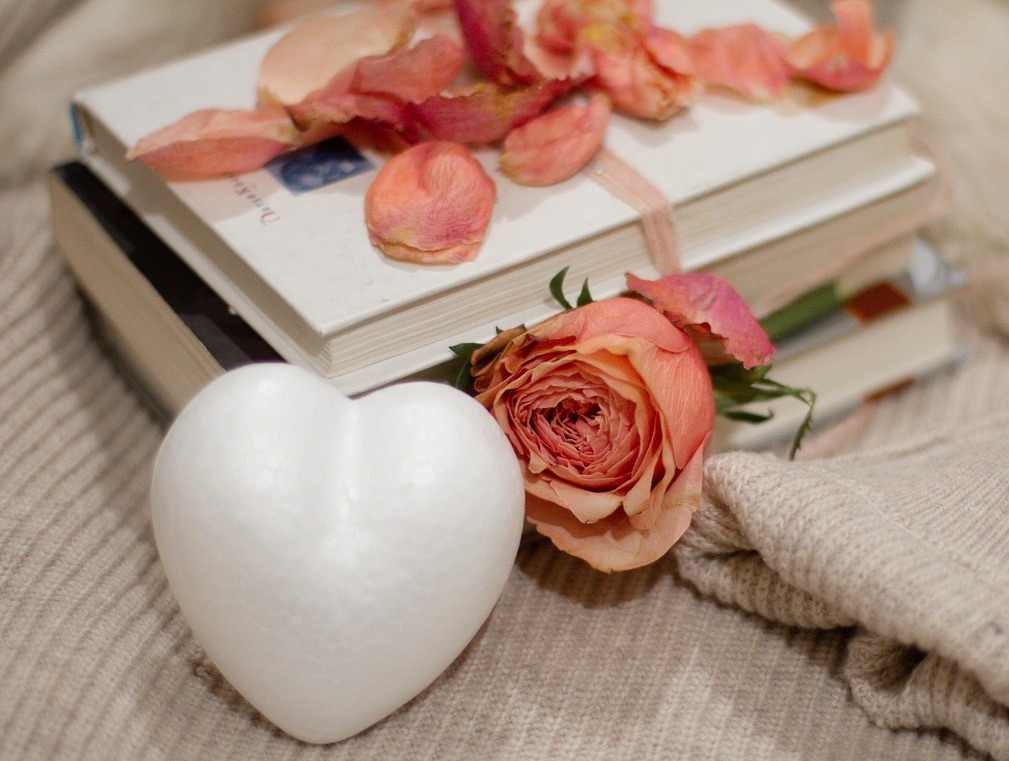
HAVE YOU NOTICED that a disproportionate number of songs seem to be about singing? And a disproportionate number of paintings seem to be about painting? And a disproportionate number of writings seem to be about writing?
It makes sense. Artists make art about what they know, and one of the things they know best is their form of art.
This produces a meta experience for the consumer of the art. A singer gets onstage and sings about being onstage singing. And much of the song, if it is a good song, is telling important truths about the experience of being onstage singing, which, when performed, the singer is currently engaged in.
But the audience must also remember that the song may not, and probably in many ways doesn’t, reflect the singer’s actual, exact experience, at that moment. It’s still art, and the artist can still take the artistic liberties of creating something from imagination that may mirror reality in some ways, but not others. And the audience is left in the dark about which aspects of the art are true for the particular artist, which aspects are true in a metaphorical sense only, and which aspects are not true for the particular artist at all, but may be true for another artist.
I USED TO GET ANNOYED when I picked up yet another novel that turned out to be about a novelist. What lack of creativity! I would think. Can’t you imagine anything else but yourself?
And yet, many of the greatest novels ever written were based in large part on the writer’s life. It’s what the writer knows. “Write what you know,” they tell you in writing workshops. Because if you write about what you don’t know, you’re in danger of producing uninformed drivel. And no one wants that! So you can do research to learn something new, or you can write about your own experiences.
I am no longer annoyed. I get it. And I don’t mind meta. Meta is cool.
IN FACT, I WAS DELIGHTED to encounter a little novel recently that’s about a writer. It’s called Indelicacy, and it’s by Amina Cain. It’s a very short read—good for concussed brains with limited functionality. Every sentence in this book is lovely, and every sentence is also, per the title, in a certain way indelicate.
This is a novel about the indelicate nature of being an artist. It’s about the fact that often artists don’t quite fit into polite society.
Here is a passage from the book that describes the protagonist’s feelings about being a reader and writer:
“In books I found even more strongly my desire to write, to write back to them and their jagged, perfect words. I found life that ran close to my own.”
Yes! This is how I have felt for most of my life. That the world of books was somehow, oddly, truer than the world of the society and people and places around me. That the books were telling me something, and that I was compelled, even commanded, to tell something back.
THIS WAS THE PERFECT NOVEL for me to read while in this strange and wonderful transition I’m undergoing. I’m an artist, in particular a writer, and I’m moving toward a career that’s more aligned with who I am. (Click here to learn how you can help me on my journey and get cool rewards in exchange!!)
However, this is a novel that you will love even if you’re not a writer. If you’ve ever yearned for something, if you’ve ever appreciated the majesty of a painting, or the glory of a dance—you will love this slim and beautiful novel.
For what do you yearn? For what were you made? Have you ever composed a song about singing, painted a picture of a painting, or written about writing (I have done this last one myself!)? Do you like the meta?



